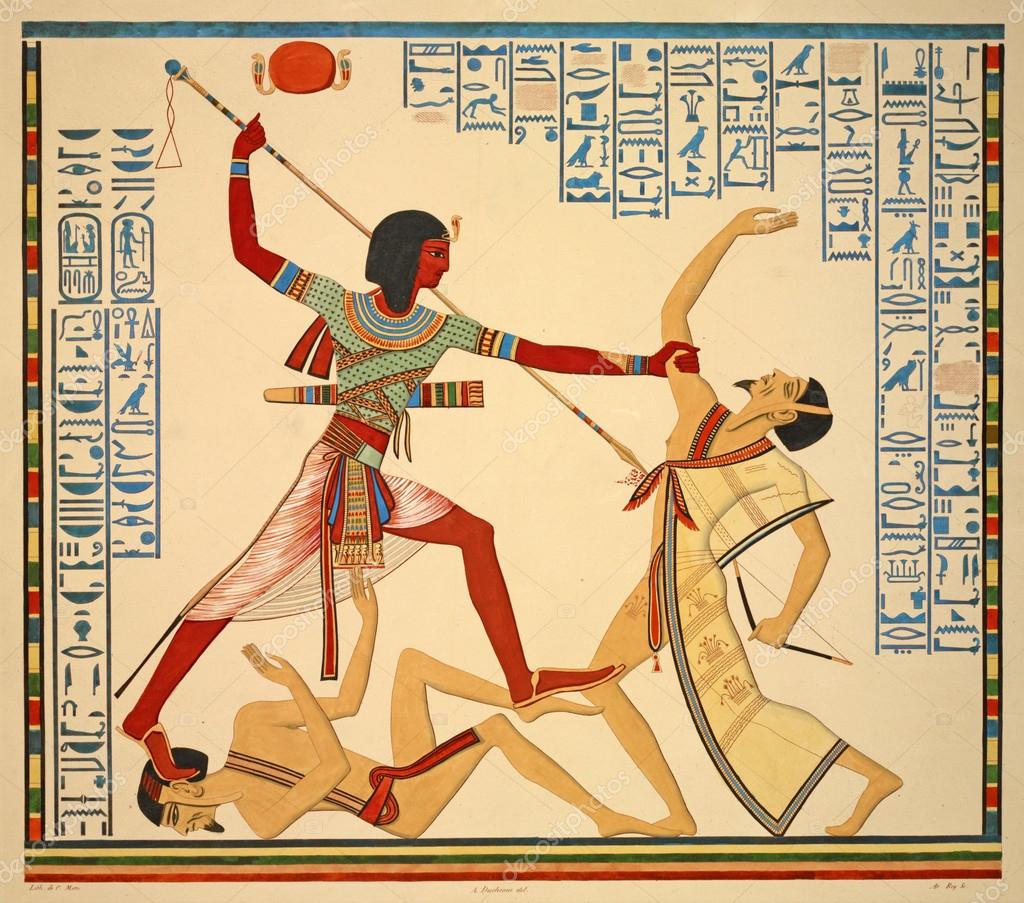Posted on 03/10/2019 4:37:02 PM PDT by SunkenCiv
Until now the study of Egypt’s population history has been largely based on literary and archaeological sources and inferences drawn from genetic diversity in present-day Egyptians. Both approaches have made crucial contributions to the debate but are not without limitations. On the one hand, the interpretation of literary and archaeological sources is often complicated by selective representation and preservation and the fact that markers of foreign identity, such as, for example, Greek or Latin names and ethnics, quickly became ‘status symbols’ and were adopted by natives and foreigners alike. On the other hand, results obtained by modern genetic studies are based on extrapolations from their modern data sets and make critical assumptions on population structure and time. The analysis of ancient DNA provides a crucial piece in the puzzle of Egypt’s population history and can serve as an important corrective or supplement to inferences drawn from literary, archaeological and modern DNA data. Despite their potential to address research questions relating to population migrations, genetic studies of ancient Egyptian mummies and skeletal material remain rare, although research on Egyptian mummies helped to pioneer the field of ancient DNA research with the first reported retrieval of ancient human DNA.
(Excerpt) Read more at nature.com ...
Full title is "Ancient Egyptian mummy genomes suggest an increase of Sub-Saharan African ancestry in post-Roman periods".
Full list of authors: Verena J. Schuenemann, Alexander Peltzer, Beatrix Welte, W. Paul van Pelt, Martyna Molak, Chuan-Chao Wang, Anja Furtwängler, Christian Urban, Ella Reiter, Kay Nieselt, Barbara Teßmann, Michael Francken, Katerina Harvati, Wolfgang Haak, Stephan Schiffels & Johannes Krause
Race, race, race, race, race. It’s not just for obsessing anymore.
...including, but not exclusive to, post-nasal drip in the same genome...
Coincidentally, this weekend I’ve been watching a dramatized documentary on Netflix about the Roman Empire. Throughout the Roman Republic era, and the Empire Era later, Rome was very dependent on Egyptian commerce particularly grain. Egypt paid tribute to Rome for centuries. They were allies and then later, about a century after the Anthony and Cleopatra era (apx 100 AD) Egypt became part of the Roman empire.
Good thing that the title is "ancestry", not "race", but nice projection.
The Romans introduced Saharan Sub shops throughout Egypt, I think that's the explanation.
It’s about race.
Egypt and all of north Africa was white. And then all Christian.
Then conquered by islamic armies, forced to convert and raped into what you see today.
Skimming the article makes me think they are trying to skirt the issue that the Egyptian Empire collapsed after an influx of the “usual suspects”.
Of course, I could be wrong.
The de facto rule of Egypt by Rome started with Julius Caesar, who put the unpopular Cleopatra VII on the throne and kept her there until his death; Antony continued the same practice, and since she was right there, he also had some kids with her (unlike Caesarion, they survived and were married off into Roman nobility); Roman occupation of Egypt was one of the easier things they did. But you're right, the form of rule Rome imposed varied throughout the Empire, as a way of transitioning the locals into the idea. Roman/Byzantine rule of Egypt continued until the 7th century conquest by the Mohammedans.
It’s not about race in the sense of today’s political agenda of race in everything but the reality that Egypt was a crossroad of multiple groups of people over many centuries. Ancient Egypt wasn’t a black society but a mixture of different ethnic and cultural groups including African society before and after Roman rule
Interesting article but note it’s almost two years old, and there has been some caution since then about interpreting the results of one burial site too broadly.
Rome's first conquest was Ostia, around 400 BC, and the Roman Empire continued through the fall of Constaninople in the 15th century, a very nice long run. Meanwhile, parts of it came and went, some of it more than once. If they'd had a public school system to better integrate conquered people into their language and traditions, they might still be around, give or take turning down the cannons that were thereafter sold to the Turks who ended it at last.
It's not caution, it's a kneejerk response. It's remarkably uncontroversial that the population of Egypt was made up of various ethnic groups, a millennia-long ebb and flow, and during the Nubian Dynasty (the 25th) the country was ruled by black Africans, who were ejected by the Semitic Assyrian Empire (itself a polyglot far-flung affair).
Just to you.
Ancient Egypt and all of north Africa wasn't all white in antiquity, and wasn't entirely Christian, even during Roman/Byzantine rule, by the time the followers of the big ol' 'mo came in and burned the great library. The Jewish (actually Israelite) community in Djerba got started no later than 500 BC, and until the last couple of decades of jihad against them, culminating in Zero's Arab Spring, was still thriving. Jews thrived in the Roman Empire, in N Africa besides Djerba, they were a large minority in Alexandria. A now-deceased friend of years prior had a father who'd been born there.

I will defer to Arthur Koestler on Egyptian history. He says the Egyptians had a method to show color of skin in their paintings,and they painted themselves as white, although they did not use, or have, evidently, white pain.
If I remember correctly, they used tan for themselves and black for Africans.
And some of the mummies had red hair.
Can I get back on your ping list?????
Love this stuff.
Disclaimer: Opinions posted on Free Republic are those of the individual posters and do not necessarily represent the opinion of Free Republic or its management. All materials posted herein are protected by copyright law and the exemption for fair use of copyrighted works.